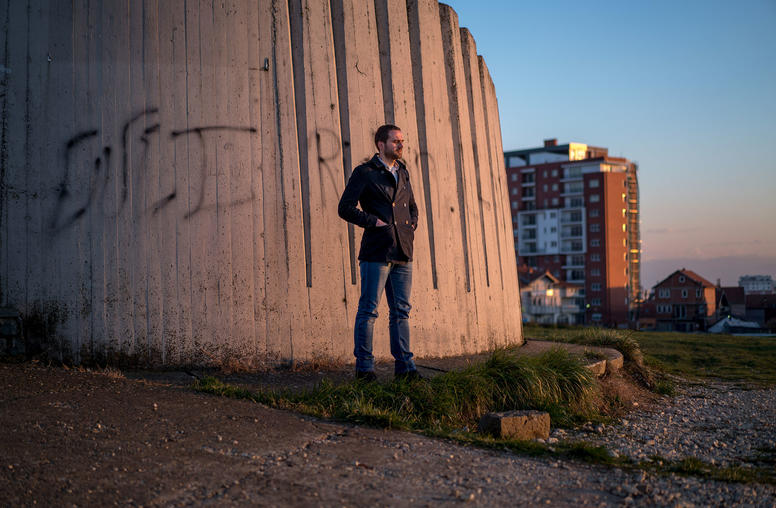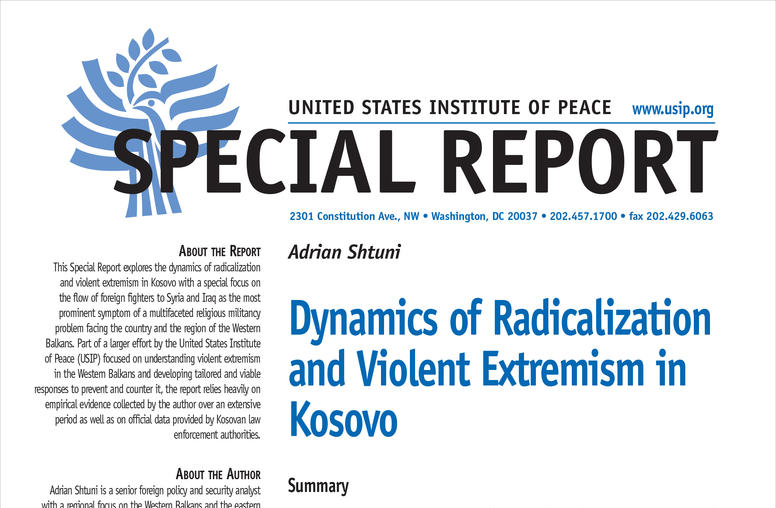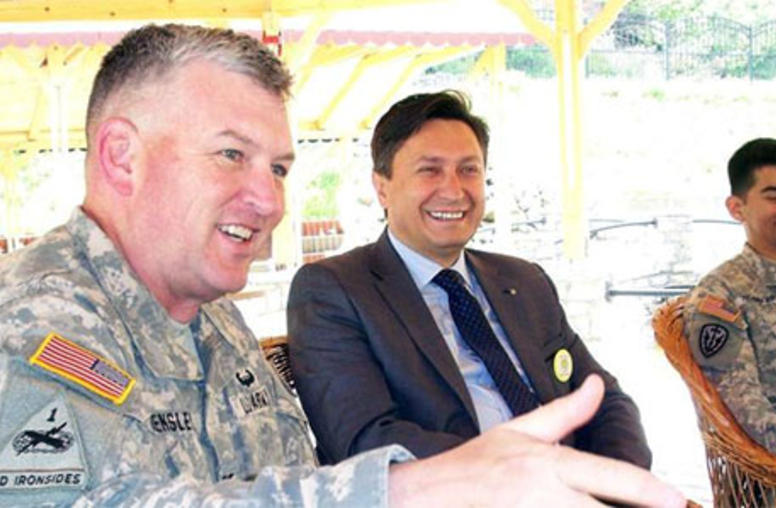Kosovo: Two Years On
Pieter Feith, the EU special representative in Kosovo (EUSR) and international civilian representative (ICR), gave an update on developments in Kosovo in the past two years. He reflected upon his double-hatted role as the ICR/EUSR as well as on the EU’s role in Kosovo and on EU-U.S. cooperation.
According to the first line of the Comprehensive Proposal for the Kosovo Status Settlement, "Kosovo shall be a multiethnic society, which shall govern itself democratically, and with full respect for the rule of law, through its legislative, executive, and judicial institutions." In the more than two years since its independence in February 2008, how far has Kosovo moved toward this ideal?
Pieter Feith, the EU special representative in Kosovo (EUSR) and international civilian representative (ICR), gave an update on developments in Kosovo in the past two years. He reflected upon his double-hatted role as the ICR/EUSR as well as on the EU’s role in Kosovo and on EU-U.S. cooperation.
Speakers
- Pieter Feith
EU Special Representative in Kosovo, International Civilian Representative/Kosovo - Daniel Serwer, Moderator
Vice President, Centers of Innovation, U.S. Institute of Peace



